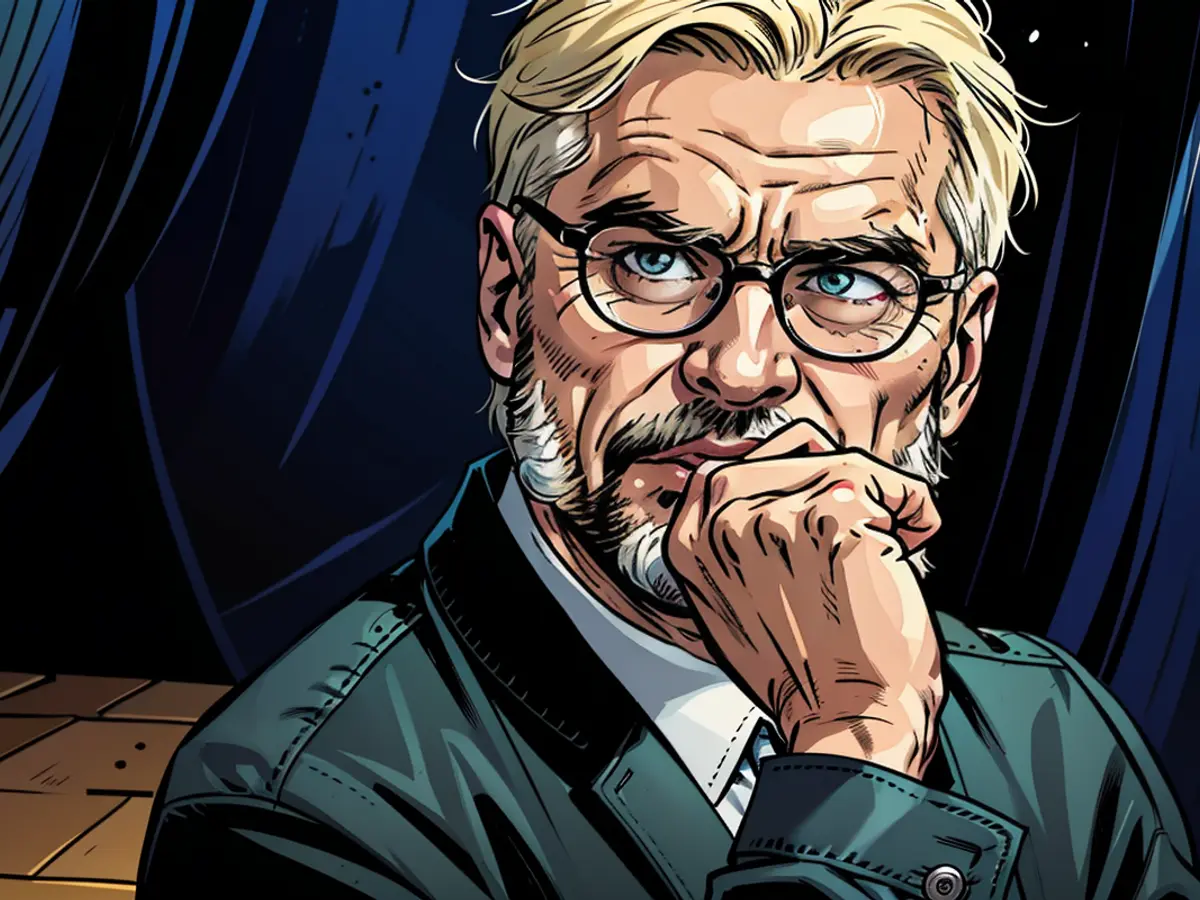Cooperation - Saxony and the Czech Republic concerned about populism in Europe
The Minister-Presidents of Saxony and the Czech Republic, Michael Kretschmer and Petr Fiala, expressed concern about the growing right-wing populism in Europe following the first round of the French parliamentary elections. During a visit to several sites of the UNESCO World Heritage Montanregion Erzgebirge/Krušnohoří, they found strong words. "Populism is dangerous, whether it's from the right or the left," said Fiala. Populism cannot provide strategic solutions for people's problems but only targets their fears. However, it's essential to think about the future, so that children and grandchildren can still live well. This includes solutions that may be difficult in the moment.
"Populism cannot solve the problems of people, that's why it's dangerous," emphasized the Czech Prime Minister. Populism divides society and poses a significant threat to European security and the role in the global competition. Europe must make decisions that ensure its prosperity and security. At the same time, one should not turn a blind eye to the problems and concerns of the people.
"The strength of right-wing populists is the weakness of democrats," said Kretschmer. The Czech Republic has always emphasized that major issues like migration must be addressed, and that the European Union should be seen as a space of freedom rather than a space of restriction. "That's the only way to show populists their limits."
Germany has experience with right-wing populists, explained Kretschmer, and reminded of the Republicans and the extremist NPD. These parties lost support when issues were resolved. The biggest issue in the Federal Republic of Germany at present is migration. If this question is addressed to the satisfaction of the population, the phenomenon of populism will recede.
Kretschmer and Fiala first met in Jachimov (Jochimsthal) in the Czech Republic and then visited Annaberg-Buchholz and Marienberg, sites of the UNESCO World Heritage Montanregion Erzgebirge/Krušnohoří. According to Fiala, discussions also focused on projects such as transportation initiatives, a cooperation in the extraction of lithium in the Erzgebirge, and a potential Czech contribution to the new chip factory of TMSC and other partners in Dresden. It's not about sending labor forces as pendlers to Dresden, but about integrating Czech companies into supply chains. The investment in the chip factory is crucial for the entire region. It was successful in attracting a high-profile player and strengthening Europe in the competition.
- The growing concern about right-wing populism in Europe extended to the parliamentary election in France, causing worry among leaders like Michael Kretschmer and Petr Fiala.
- During their tour of the UNESCO World Heritage Montanregion Erzgebirge/Krušnohoří in the Ore Mountains, Kretschmer and Fiala highlighted the dangers of populism, echoing Fiala's statement that it's dangerous from both the right and the left.
- In the Czech Republic, tackling major issues such as migration is a priority, and the European Union should be seen as a space of freedom rather than a space of restriction to counter populist movements, according to Kretschmer.
- Saxony, like the Czech Republic, has seen the rise and fall of right-wing populist parties such as the Republicans and the extremist NPD, providing insight into how addressing public concerns can help reduce support for such groups.
- The future of Europe and its children relies on strategic decisions and addressing difficult issues, despite the short-term challenges, as emphasized by both Fiala and Kretschmer.
- In Marienberg, discussions between Fiala and Kretschmer included potential Czech involvement in the new chip factory in Dresden, aiming to integrate Czech companies into supply chains instead of sending labor forces as pendlers.
- In France, leaders and citizens must consider the potential impact of populism on the country's future, as the outcome of the parliamentary election could have significant implications for Europe's role in the global competition and its commitment to UNESCO sites like the Montanregion Erzgebirge/Krušnohoří.








